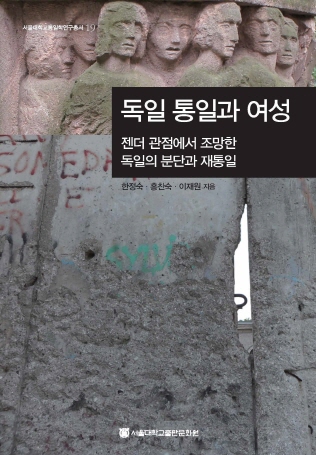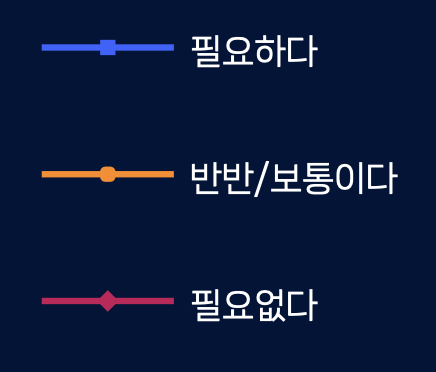Women and the German Reunification

Book Introduction
Germany’s division and unification process have great implications for Korean society. Both the beginning and the end of the Cold War took place in Germany, and the country sets an exemplary precedent for the unification of the divided peoples. Various studies have been conducted in Korea on the processes of unification and integration of East and West Germany. However, the topics of Germany division and unification has not yet been approached from a women studies’ or gendered perspective. Women’s studies plays a very important in German unification research because it is a domain where various social and cultural contradictions arising from unification, such as unemployment, social inequality, and the crisis of identity, intersect and are revealed. Throughout the process of unification, “women’s problems” are not simply “differences between men and women”, but are also intertwined with various conflicts, such as differences between East and West German systems, differences between classes, and even differences between generations. These all must be approached from a holistic perspective encompassing politics, society, culture and history. To this end, academic research is needed to gain a full-fledged historical understanding of changes that took place in Germany from the period of division to that of unification. This book encompasses concrete social surveys and cultural, psychological and self-understanding from a consistent “feminine perspective.” This book is an effort to fill the void in unification research from the perspective of gender, and it could provide insight to researchers who want to understand women’s issues from the perspective of unification studies.
Publication Date: 2013
Jeong-Sook Hahn, Chan-Sook Hong and Jae-Won Lee, Women and the German Reunification (2013)
Files


















